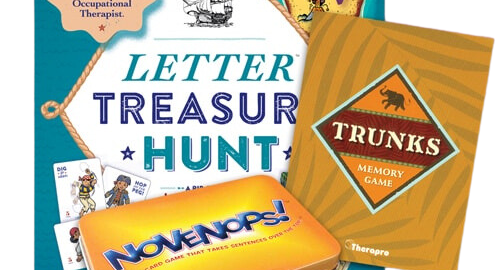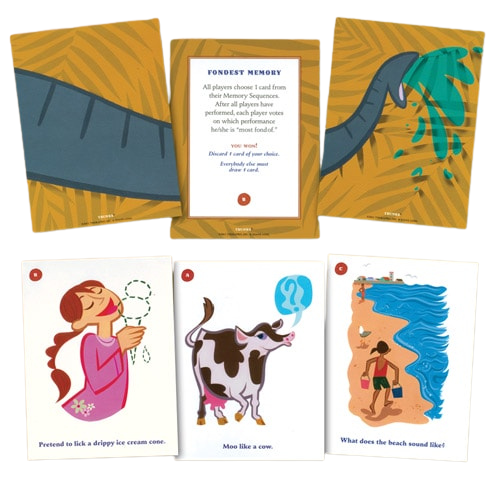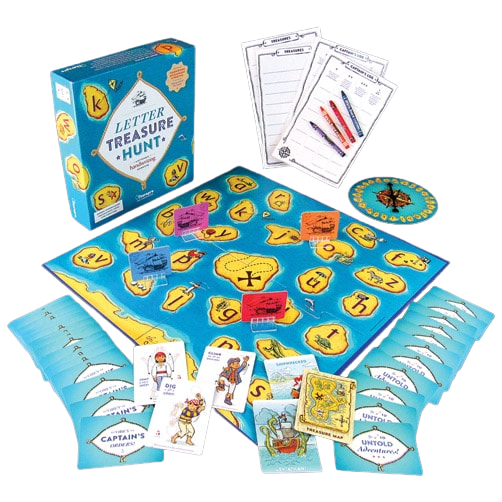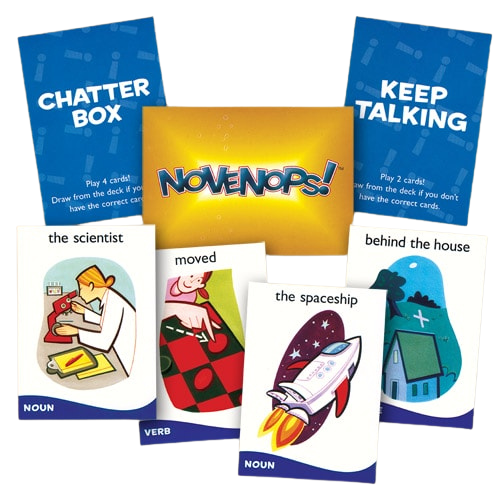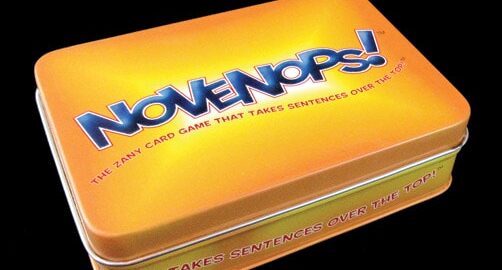Therapro offers select Oppenheim Award-Winning games that target preschool children but can be easily adapted to engage older children and families. The Oppenheim Awards are prestigious accolades given to outstanding toys, games, and books that promote learning and creativity in children. Each product undergoes rigorous evaluation based on criteria such as its educational value, engagement level (active vs. passive play), safety, developmental appropriateness, and avoidance of stereotypes. The awards prioritize products that are entertaining but also enriching, encouraging meaningful learning experiences for children. They represent the most innovative, engaging new products of the year and are judged by child development experts, including educators and therapists, making them highly respected within the industry. In addition, parents and children from across the US are recruited to help choose the best toys of the year. Earning an award seal on a product signifies that the toy was carefully selected.
Therapro features three spinner games designed by eeBoo that are Oppenheim Award winners. They will bring hours of fun and learning to the table!
Cupcake Shaped Spinner Game: This game appeals to young children with its engaging cupcake theme. It encourages turn-taking, fine motor skills (such as spinning the spinner), and color recognition. Therapists can use this game to work on social skills, imaginative play, sequencing, following directions, and more. Children choose ingredients for making their cupcakes and win the game by completing their cupcakes.
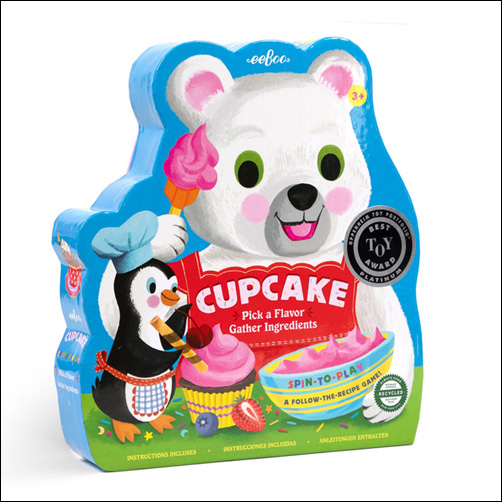
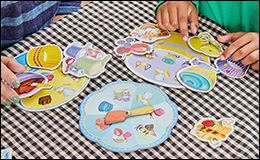
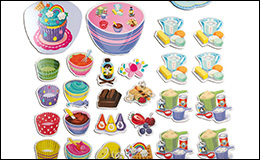
Picnic Shaped Spinner Game: All the fun items involved in having a picnic are included in this game, including the ants! The first player to collect an item from each category wins the game. The game can be used to enhance language development by discussing picnic items and actions (e.g. “Let’s have a picnic with sandwiches and watermelon.”). Players learn to categorize, build new vocabulary, and participate in cooperative play.
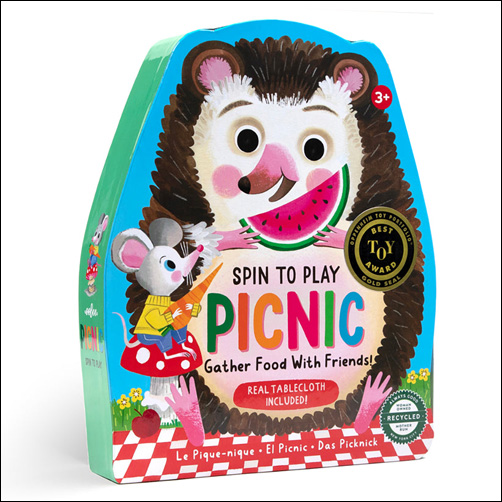
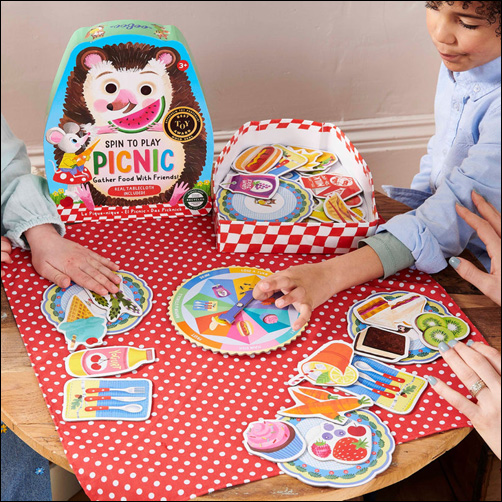
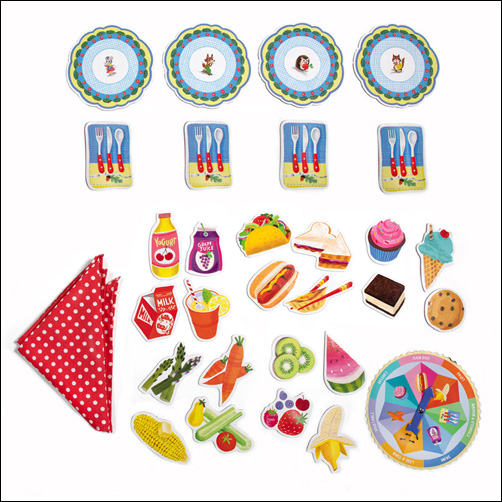
Build a Robot Game: This game involves assembling parts to create different robot combinations. It employs the player in using fine motor coordination and problem-solving skills to build a robot. This game can be used to target specific goals like visual perception, sequencing, number recognition and understanding, and planning.
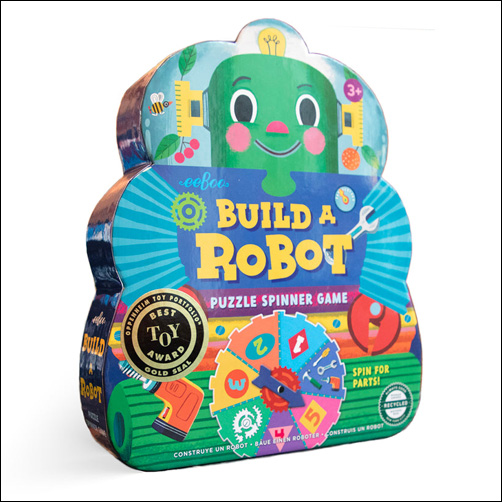

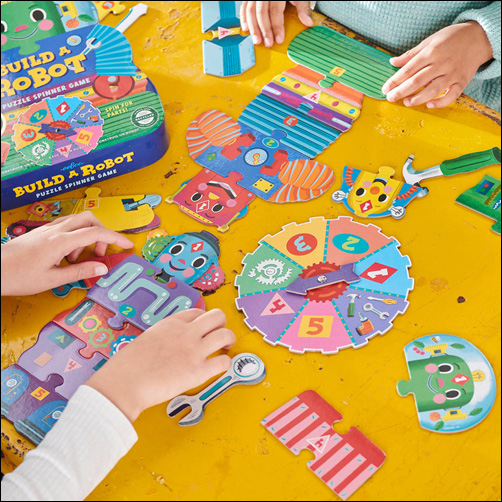
Teachers and parents can integrate these games into learning activities at home or in the classroom. The therapeutic value of these games for children with various developmental needs, such as those working on sensory integration, social skills, or cognitive abilities is undeniable. Creative adaptations for an individual child’s needs are possible due to the versatility of these games in addressing various developmental needs.
Discover the transformative power of play with these Oppenheim Award-winning games from eeBoo, available at Therapro. Each game is meticulously designed to foster essential skills like executive function, language development, fine motor coordination, visual perception, and problem-solving. Whether you’re a therapist, teacher, or parent, these versatile games offer endless opportunities for learning, development, and fun! Explore these games today and witness the positive impact they can have on children of all ages and abilities.
Guest Blogger: Filomena Connor, MSOT – Retired

